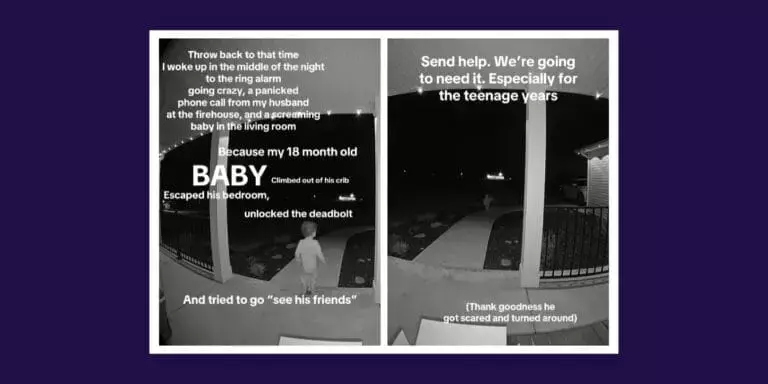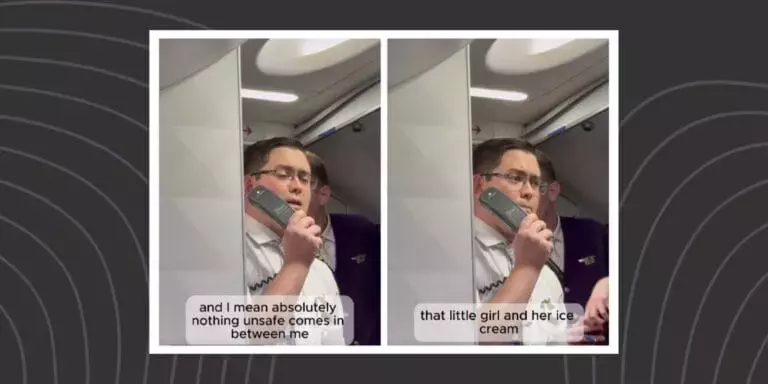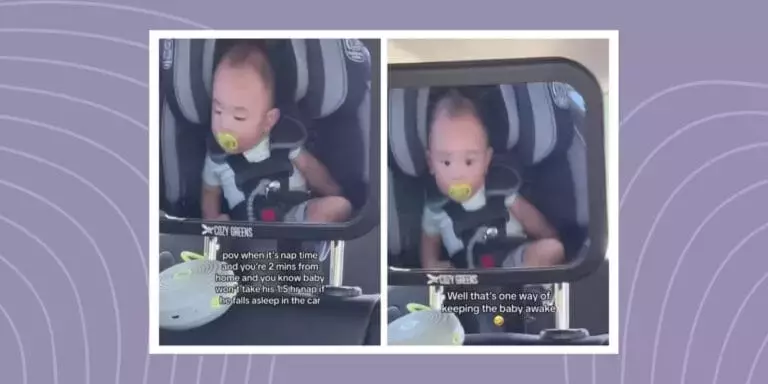



































































A significant federal initiative, known as the BABES Enhancement Act, is poised to become law, aiming to revolutionize the experience of parents traveling with breast milk and related pumping gear. This legislative action was catalyzed by the widely shared, frustrating experience of science communicator Emily Calandrelli, who faced inconsistent and humiliating screening procedures at airport security checkpoints. Her story, resonating with thousands of other parents, underscored the urgent need for clearer, more humane guidelines from the Transportation Security Administration (TSA). The bill, having successfully navigated both houses of Congress, now awaits presidential approval, marking a crucial step towards reducing the emotional and logistical burdens on traveling caregivers.
Numerous parents have recounted stories echoing Calandrelli's ordeal, highlighting a systemic issue within airport security. Many reported being instructed to dispose of their expressed milk, while others witnessed TSA agents attempting to open sealed containers, apply chemical tests to milk, or handle breast pump components without proper sanitary measures. This widespread inconsistency compelled many parents to carry printed copies of TSA's official policies, preemptively countering potential challenges from staff unaware of their own agency's regulations. Legislators, including Congresswoman Salazar, acknowledged these distressing accounts, emphasizing the necessity for explicit and uniform TSA standards to prevent such "heartbreaking" situations.
The collective outcry from parents transformed a series of individual grievances into a powerful movement for federal reform. Following Emily Calandrelli's public sharing of her experience, breastfeeding advocacy groups and working parents mobilized, urging policymakers to address the lack of enforceable guidelines for screening breast milk and feeding equipment. Figures such as Senator Tammy Duckworth and Representative Eric Swalwell championed the cause, introducing legislation to rectify these ambiguities. The BABES Enhancement Act subsequently received unanimous approval in both the Senate and the House of Representatives, a testament to the compelling need for its provisions, as documented on Congress.gov.
Representative Swalwell articulated the existing challenges, noting the inherent stress of traveling with infants and asserting that parents should not also have to worry about the mishandling of essential nourishment. He hailed the bill as a victory for traveling mothers, guaranteeing that TSA personnel will receive comprehensive training and adhere to stringent hygienic protocols, thereby instilling confidence in parents during their journeys. Similarly, Congresswoman Pettersen highlighted the lived realities of parents, stressing that outdated regulations or insufficient training should not exacerbate already trying circumstances. She pointed out that many parents have been forced to discard milk or supplies, even when they complied with TSA rules, and affirmed that the new bill would empower families to travel without fear of confiscation, contamination, or improper handling.
The BABES Enhancement Act mandates the TSA to formulate and uphold explicit guidelines for inspecting breast milk, infant formula, feeding accessories, and breast pump parts. These new protocols will come into effect once the bill is signed into law and relevant training is concluded. Key components of this legislation include strict hygiene requirements, obligating TSA officers to prevent contamination and utilize clean gloves when handling feeding items, as detailed in the bill's text on Congress.gov. Furthermore, the Act ensures the implementation of consistent, standardized screening procedures across all airports, directly addressing the variability in treatment previously reported by many parents. As Rep. Salazar underscored, government agencies should never impede a child's access to nourishment during travel, and this bill aims to provide transparent rules and thorough training to protect baby food.
Additionally, the legislation enhances federal oversight, with the Department of Homeland Security Inspector General tasked with auditing TSA's adherence to these new standards and reporting findings to Congress. Recognizing that full implementation will take time, parents are advised to stay informed about current policies and meticulously document any instances of non-compliance. Current TSA regulations already permit parents to transport feeding supplies, irrespective of whether an infant is accompanying them, and these rules are clearly outlined by the U.S. Breastfeeding Committee based on TSA guidance. Parents are encouraged to have screenshots of TSA policies readily available, keep milk and pumping supplies organized, and proactively request that agents use clean gloves before handling any feeding items. In the event of non-compliance, parents can file reports through the TSA complaint system or the DHS Office of Inspector General. This pivotal moment underscores the power of parental advocacy in driving policy changes that improve family life, reflecting broader efforts to update regulations concerning workplace pumping, airport lactation facilities, and postpartum healthcare.
